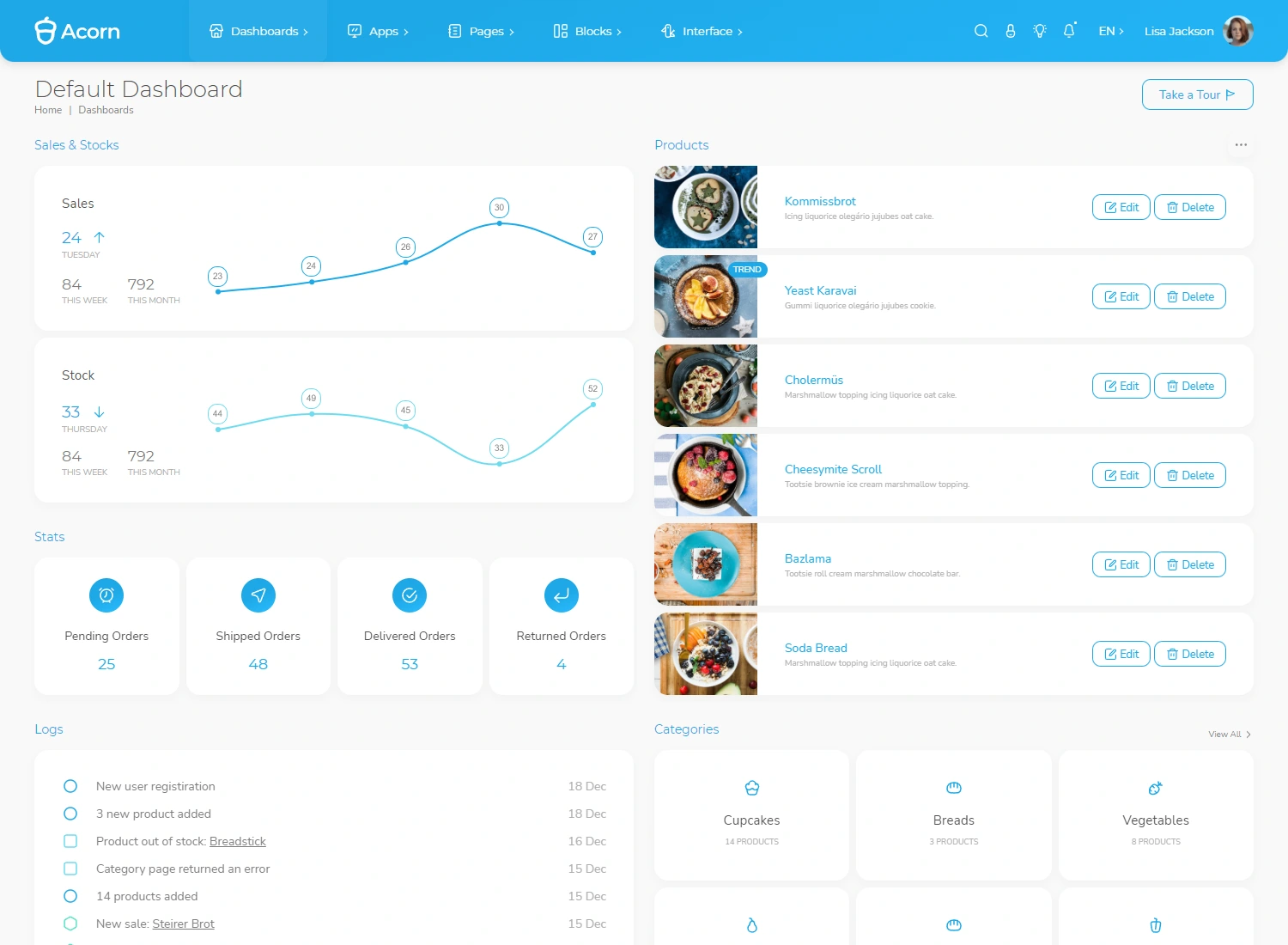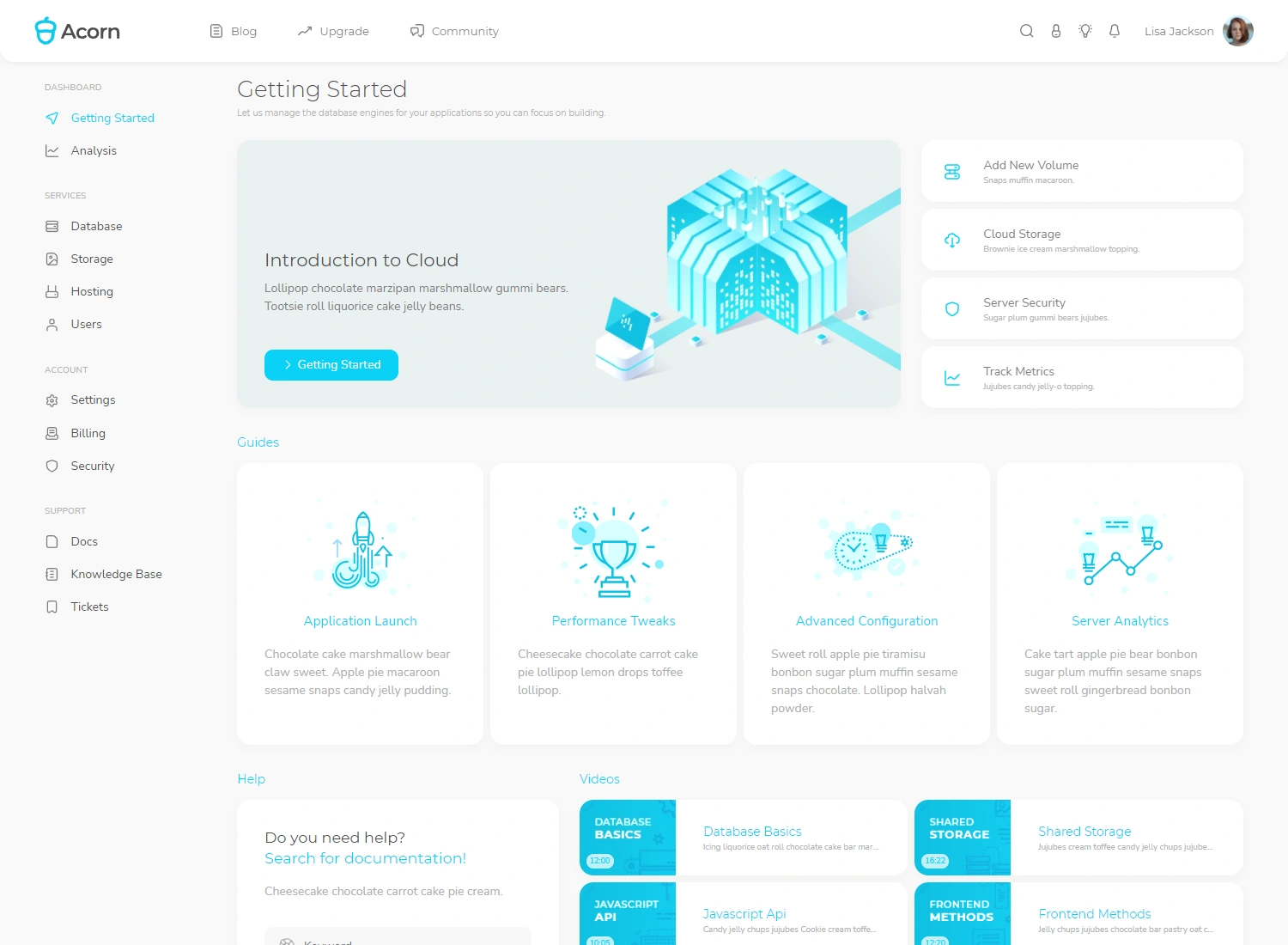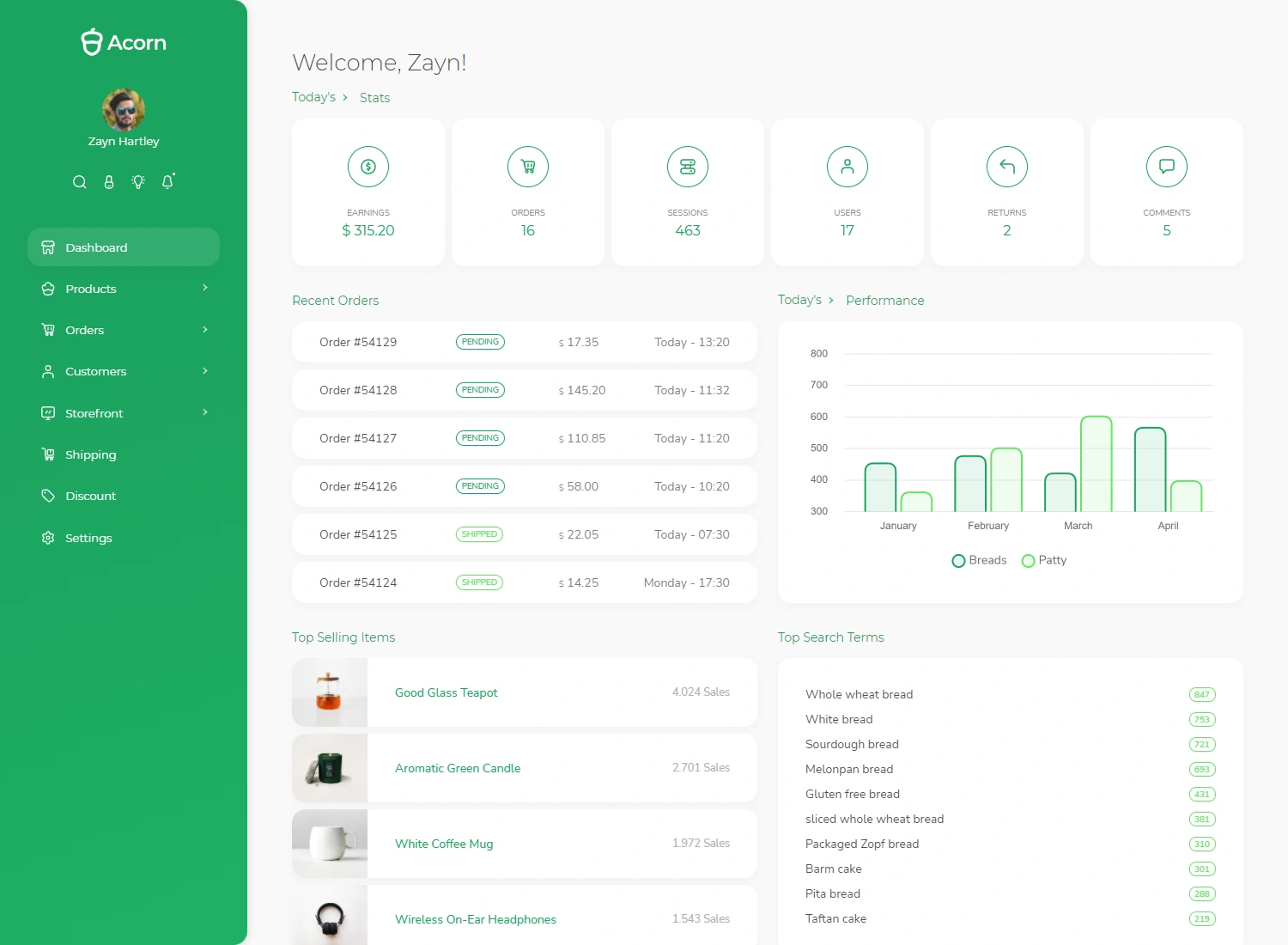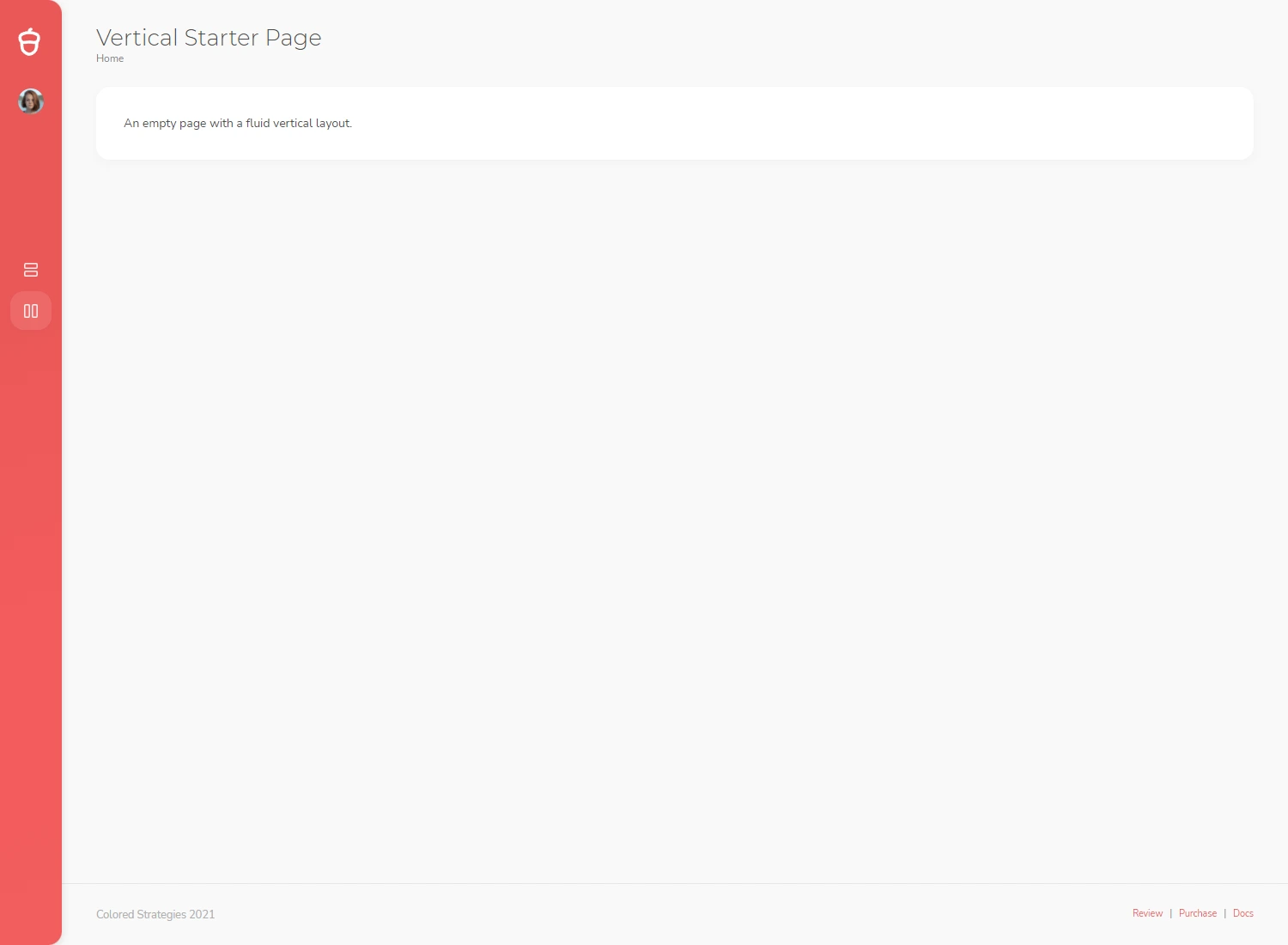India Reaffirms Commitment to Sendai Framework for Disaster Risk Reduction
India has reiterated its commitment to the Sendai Framework for disaster risk reduction, emphasizing the importance of international cooperation and sustainable development in building disaster resilience. At the G-20 Disaster Risk Reduction Working Group ministerial meeting in Belem, Brazil, P.K. Mishra, Principal Secretary to Prime Minister Narendra Modi, advocated for greater collaboration in technology transfer, knowledge sharing, and innovative approaches to minimize disaster risks. This article explores India’s proactive stance on disaster management and its initiatives to lead global efforts in resilience-building.
India’s Commitment to the Sendai Framework
The Sendai Framework for Disaster Risk Reduction, adopted by the United Nations in 2015, aims to achieve a “substantial reduction of disaster risk and losses in lives, livelihoods, and health, as well as economic, social, and environmental assets.” The framework emphasizes the importance of preemptive action to reduce vulnerability to disasters and to enhance the resilience of communities and economies.
At the G-20 Disaster Risk Reduction Working Group meeting in Brazil, Mr. Mishra highlighted India’s commitment to the Sendai Framework, underscoring the need for global cooperation in disaster resilience. He called for enhanced technology transfer and knowledge-sharing among nations to address complex risks associated with natural disasters and climate change. This collaboration, he emphasized, is vital for achieving sustainable development and ensuring resilient communities worldwide.
India’s Leadership in Disaster Risk Reduction: Key Initiatives
India has taken a proactive role in disaster risk reduction, leveraging its G-20 presidency to establish the Disaster Risk Reduction Working Group. This initiative reflects India’s dedication to making disaster resilience a global priority, promoting initiatives that safeguard communities from climate-induced risks. At the G-20 ministerial meeting, Mr. Mishra outlined five strategic priorities that India believes are essential for a comprehensive approach to disaster management:
-
Early Warning Systems:
Early warning systems are critical for minimizing the impact of disasters by providing timely alerts to communities. India’s work in developing robust early warning mechanisms has enhanced the country's ability to respond to cyclones, floods, and other natural disasters. -
Disaster-Resilient Infrastructure:
Infrastructure resilience is crucial for reducing economic and social losses from disasters. India’s Coalition for Disaster Resilient Infrastructure (CDRI), launched in 2019, is a global initiative to promote infrastructure that can withstand the impacts of natural disasters, particularly in vulnerable regions. -
Disaster Risk Reduction Financing:
Adequate financing is essential to support disaster resilience initiatives. India advocates for innovative financial mechanisms to allocate resources effectively for disaster preparedness, response, and recovery efforts. -
Resilient Recovery:
Post-disaster recovery plans that prioritize resilience can help communities rebuild stronger. India emphasizes the importance of integrating resilience into recovery planning to ensure that reconstructed infrastructure is less vulnerable to future disasters. -
Nature-Based Solutions:
Nature-based solutions, such as afforestation, wetland restoration, and sustainable agriculture, help mitigate disaster risks while preserving ecosystems. India advocates for leveraging natural resources to support disaster risk reduction in a way that aligns with environmental conservation goals.
The First Ministerial Declaration on Disaster Risk Reduction
During the G-20 ministerial meeting, a consensus was reached on the first ministerial declaration on disaster risk reduction, marking a significant milestone in global cooperation on disaster management. This declaration, which was shaped with active input from the Indian delegation, outlines shared goals for building resilience against natural hazards and emphasizes the need for coordinated action among G-20 nations.
The declaration underscores the necessity of integrated disaster risk management approaches, aligning closely with the priorities championed by India. By facilitating this consensus, India has strengthened its role as a global leader in disaster risk reduction, fostering a collaborative environment for addressing one of the world’s most pressing challenges.
Strengthening International Collaboration: Bilateral Meetings and Troika Engagement
India’s participation in the G-20 ministerial meeting also included a troika meeting with representatives from Brazil and South Africa, symbolizing the unified efforts of three influential countries in the Global South. This collaboration is vital for ensuring that disaster resilience efforts address the unique vulnerabilities faced by developing nations, which are often disproportionately affected by climate change and natural disasters.
In addition, India held bilateral discussions with ministers and representatives from countries such as Brazil, Japan, Norway, South Africa, South Korea, and Germany. These meetings highlighted the importance of sharing best practices, enhancing technical expertise, and fostering partnerships for resilient development. India also engaged with heads of invited international organizations, further solidifying its commitment to building a global network for disaster risk reduction.
The Road Ahead: Strengthening Disaster Resilience
India’s leadership in the G-20 has set the stage for greater global alignment on disaster resilience, and the establishment of the Disaster Risk Reduction Working Group is a testament to this commitment. Moving forward, India will continue to champion the Sendai Framework’s goals and work towards fostering a culture of preparedness and resilience.
With its focus on technology transfer, sustainable development, and capacity-building, India is encouraging nations to adopt forward-looking approaches to disaster risk management. The adoption of nature-based solutions and investment in disaster-resilient infrastructure will not only reduce vulnerabilities but also enhance the well-being of communities worldwide.
Conclusion: A Commitment to a Resilient Future
India’s active role in the G-20 Disaster Risk Reduction Working Group demonstrates its dedication to the Sendai Framework and its goals of reducing disaster risks globally. Through collaborative efforts, innovative solutions, and strategic investments in resilience, India is paving the way for a more secure and disaster-resilient world. As climate-related challenges intensify, India's leadership offers a roadmap for building safer, more prepared communities across the globe.
The ministerial declaration on disaster risk reduction, supported by India, underscores the importance of sustained international cooperation to protect lives, livelihoods, and ecosystems from the devastating impacts of natural disasters. By strengthening these partnerships and committing to disaster risk reduction, India and the global community can ensure a more resilient future for all.
- India reaffirms commitment to the Sendai Framework for disaster risk reduction at G-20 meeting.
- India’s five key priorities include early warning systems, resilient infrastructure, risk financing, resilient recovery, and nature-based solutions.
- The first ministerial declaration on disaster risk reduction was adopted, influenced by India’s leadership.
- India held bilateral discussions with global leaders to enhance collaboration on disaster resilience.
- Continued international cooperation and investment in resilience are essential for a disaster-prepared world.






